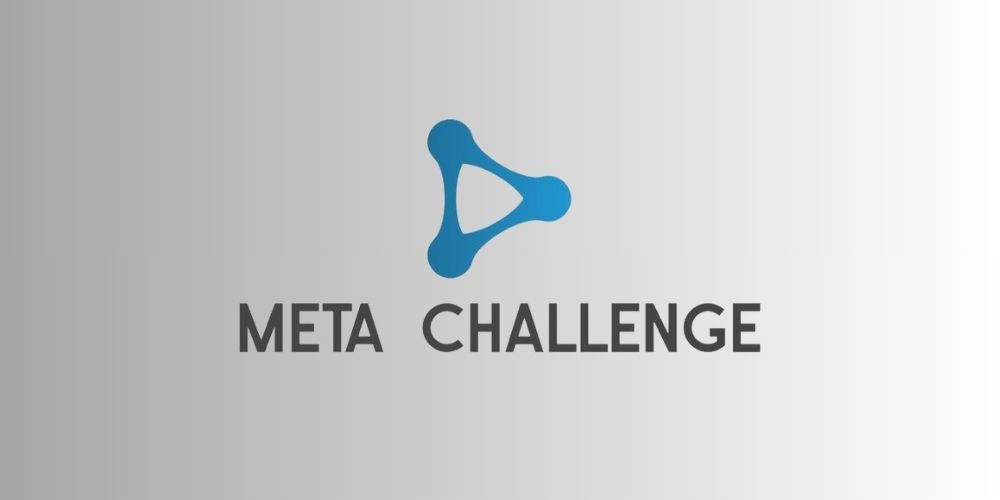Meta Challenges EU's "Gatekeeper" Label for Messenger and Marketplace
2023-11-16

Meta is confronting the European Union's new regulatory framework head-on with a legal appeal that puts a spotlight on how tech giants and their multifaceted services are categorized — a move that could have far-reaching consequences. At the core of this battle is the EU's Digital Markets Act (DMA), which targets large tech companies such as Meta, imposing stringent rules meant to level the digital playing field. By appealing against the designation of Messenger and Marketplace as "gatekeeper" services, Meta is not just defending its business model but also challenging a system it sees as inherently flawed.
The EU's DMA considers gatekeeper platforms as crucial bridges connecting businesses and customers, setting them under rigorous regulatory scrutiny. However, Meta counters this view by arguing Messenger and Marketplace are integral elements of Facebook, necessitating a combined assessment. While WhatsApp and Instagram have been left out of this particular conversation, Meta's endgame, it seems, is to establish the indivisibility of its services — a strategy that could insulate it from further fragmentation pressures and enhance its standing in the global digital ecosystem.
Meta's ongoing endeavor to integrate its messaging services across platforms could further fortify its argument. The envisioned seamless communication layer that would unify Messenger, WhatsApp, and Instagram Direct messaging could lend credence to the view that Meta's offerings are an interconnected ecosystem rather than discrete entities. This integration underscores Meta's vision of a cohesive digital experience and raises important considerations about how modern tech ecosystems should be regulated and potentially dismantled.
Should Meta succeed in persuading EU officials to reconsider the separate standing of Messenger, it might set a precedent affecting the governance of WhatsApp and Instagram Direct, and by extension, Meta's larger business strategy. With this legal appeal, Meta risks sparking a more profound discourse on the nature of digital platforms and services, potentially influencing future regulatory decisions. This is more than a mere compliance issue — it's a strategic move that could redefine the boundaries of digital economies.
As we await the outcome, the convergence of Meta's legal tactics and the EU's regulatory stance promises to shape the tech landscape dramatically. The result could either validate the EU's approach towards greater digital marketplace fairness or endorse Meta’s vision of a tightly integrated service offering. The battle lines are drawn, and the implications will be significant, affecting not only how Meta operates but also setting a precedent that other tech behemoths will watch closely.






